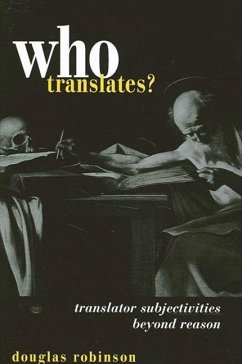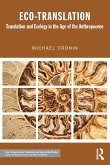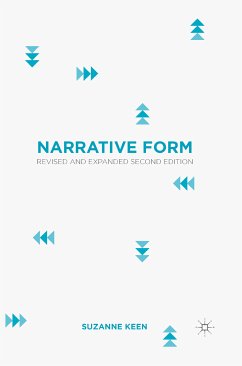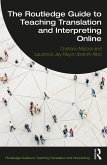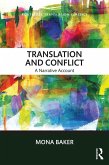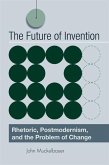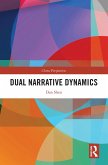2001 CHOICE Outstanding Academic Title
Translators have long claimed that their job is to "step aside and let the source author speak through them." In Who Translates? Douglas Robinson uses this adage to set up a series of "postrationalist" perspectives on translation, all based on the recognition that translation has always been thought of in terms of the translator's surrender to forces beyond his or her rational control. Exploring this theme, Robinson examines Plato's Ion, Philo Judaeus and Augustine on the Septuagint, Paul on inspired interpreters, Joseph Smith on the Book of Mormon, and Schleiermacher, Marx, and Heidegger on translation. He traces the imaginative and historical linkages between twentieth-century conceptions of ideology and ancient conceptions of spirit-channeling, and the performative inversion of power relations by which the "channel" (or translator) comes to wield the source author as his or her tool. And he argues throughout for a postrationalist conception of translation based not on the translator's rational control of words and meanings but rather on a flowing through the translator of voices and textualities.
Translators have long claimed that their job is to "step aside and let the source author speak through them." In Who Translates? Douglas Robinson uses this adage to set up a series of "postrationalist" perspectives on translation, all based on the recognition that translation has always been thought of in terms of the translator's surrender to forces beyond his or her rational control. Exploring this theme, Robinson examines Plato's Ion, Philo Judaeus and Augustine on the Septuagint, Paul on inspired interpreters, Joseph Smith on the Book of Mormon, and Schleiermacher, Marx, and Heidegger on translation. He traces the imaginative and historical linkages between twentieth-century conceptions of ideology and ancient conceptions of spirit-channeling, and the performative inversion of power relations by which the "channel" (or translator) comes to wield the source author as his or her tool. And he argues throughout for a postrationalist conception of translation based not on the translator's rational control of words and meanings but rather on a flowing through the translator of voices and textualities.
Dieser Download kann aus rechtlichen Gründen nur mit Rechnungsadresse in A, D ausgeliefert werden.

